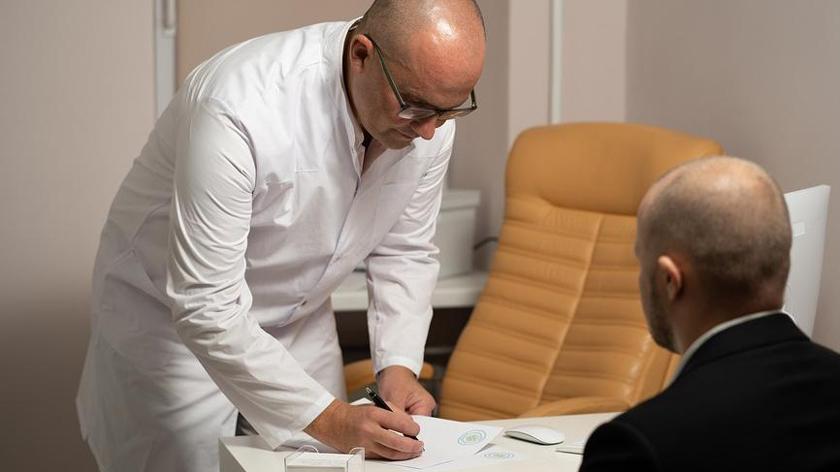UK study takes aim at ‘silencing’ of patient voices

A new six-year study has been launched to investigate injustices in how people in the UK are treated by the healthcare system, in the hope of improving patient trust.
The Epistemic Injustice in Healthcare (EPIC) study – which will be conducted by researchers at the universities of Nottingham, Bristol, and Birmingham – is being funded by a £2.6 million ($3.2 million) grant from medical research charity Wellcome.
Epistemic injustice in the context of healthcare is when patients are dismissed as being unreliable when it comes to relaying their experiences with their own illness – with their testimonies ignored, dismissed, or explained away by the healthcare profession.
This ‘silencing’ of patient voices undermines trust and can jeopardise healthcare, and the EPIC programme is aimed at finding ways to correct these injustices and improve the relationship between patients and healthcare practitioners.
A paper on epistemic injustice, published in the journal Nature in 2021, argued that it occurs as a result of a gap between patients’ lived experience and professionals’ conceptualisation of illness as disease, “possibly causing harm to patients’ capacity as first-hand knowers.”
A key reason for the gap is the dominance of evidence-based practice (EBP) prioritises knowledge obtained through clinical research over other forms of clinical knowledge, according to the authors.
According to Bristol University’s Professor Havi Carel, a recognised expert in the philosophy and phenomenology of illness, EPIC will provide the first systematic study of epistemic injustice across a wide range of healthcare settings.
“It will be the first to offer a set of empirical studies that will show how and when epistemic injustice appears [and] will also be the first funded project to seek ways to overcome epistemic injustice,” he said.
Prof Carel will be joined by fellow Bristol academic, Professor Sheelagh McGuinness, an authority on health, gender, and the law, along with Nottingham epistemologist and philosopher of illness Dr Ian James Kidd and Birmingham Professors Lisa Bortolotti and Matthew Broome, both experts in psychiatry.
"The challenge is to understand how […] silencing happens and what can be done about it, in ways that can help patients and healthcare practitioners alike,” said Dr Kidd.
“The NHS is right to seek ‘patient perspectives’ and listen to ‘patient voices’. Project EPIC will help them to do that better by fully diagnosing the causes of that silencing.”
EPIC will get underway in September and be organised around six case studies in labour pain, child mental health, neurodiversity, cancer, depression, and later-life care.
Wellcome said that the application of epistemic injustice to healthcare is a new research area initiated by Carel and Kidd, adding that EPIC has the potential to “offer a new healthcare paradigm that will benefit patients, increase health equality, and improve healthcare.”













